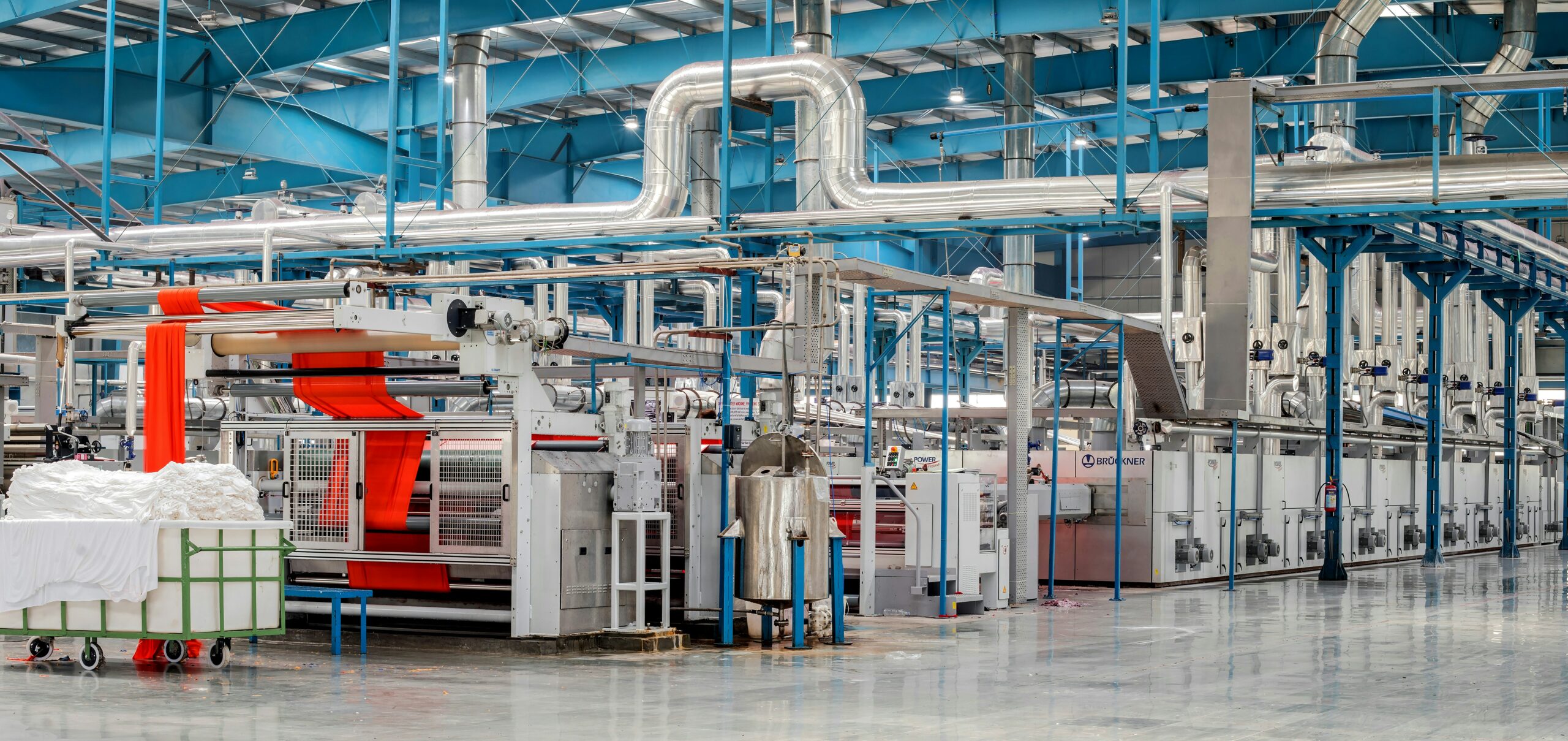Smart factories represent the next frontier in operational performance, combining human ingenuity, advanced technologies and data-driven insights. At the heart of this transformation lies data and its analysis. Data is the lifeblood of a smart factory, and its exponential growth necessitates a viable conduit to ensure seamless flow.
The smart factory revolution
Smart factories represent a paradigm shift in manufacturing and supply chain functions, driven by technologies like the Industrial Internet of Things (IIoT) and AI. These factories integrate collaborative manufacturing systems that respond to changing demands and conditions in real-time, encompassing the entire production process, supply network and customer needs. They enable increased visibility, agility and resilience, leading to more efficiencies in supply chain models and overall business operations.
Data is the driving force behind smart manufacturing’s optimization, resilience, adaptability and agility. For seamless data flow across the smart factory, cloud connectivity is crucial, providing real-time information and enterprise-wide visibility. Operational data grows exponentially, and cloud-based solutions ensure the viability of smart factories by facilitating data harnessing, analysis and scalability.
How smart factories work
Combining human creativity, digitally connected machines, assets and AI-powered analytics, smart factories enhance workforce adaptability, customization and productivity based on real-time data and insights.
The technologies powering them can be broadly categorized into three key areas: the first is cloud-scale data management and analytics. Harnessing the power of predictive intelligence and forecasting capabilities, these tools allow for end-to-end digital continuity from the initial design phase through to the operational stage.
The second area, known as connectivity, is centered around the utilization of IIoT, wherethe primary focus is on the collection of data from both existing equipment and new sensors. This data collection enables real-time monitoring and facilitates informed decision-making processes.
The third category, intelligent automation, encompasses a range of automation systems, including traditional automation systems like plant control systems and manufacturing execution systems (MES). It incorporates IIoT-enabled automation technologies such as machine vision and drones, which are enhancing the efficiency and capabilities of manufacturing processes.
The importance of cloud-based ERPs
Cloud-based ERPs are fundamental to the success of smart factories. They act as the central hub for collecting, maintaining and sharing operational and financial data. By modernizing ERPs and migrating them to the cloud, organizations can unlock the full potential of smart factories. Cloud ERPs enable the application of AI and machine learning to operational data, offering end-to-end visibility and scalability for smart factory initiatives.
The closed-loop optimization paradigm
With continuous procedural improvement, self-correction and self-optimization, the closed-loop optimization paradigm enhancesproductivity, adaptability and safety. The goal is to enable the factory to self-optimize performance, adapt to changing conditions in real or near-real time and autonomously run entire production processes.
The closed-loop optimization paradigm of a smart factory comprises another three essential iterative steps that underpin its operations:
Firstly, data acquisition is a critical initial step in which the smart factory harnesses the capabilities of IIoT and modern database technologies. This step involves collecting valuable data from a wide range of sources throughout the manufacturing and supply chain domains. The data gathered encompasses diverse information, including operational data, market trends, logistics details and a few more variables.
The second step in this paradigm is data analysis, where the collected data undergoes comprehensive scrutiny. ML and AI techniques are applied to extract actionable insights from the amassed information. This analysis forms the basis for various crucial functions such as predictive maintenance, pricing intelligence, enhancements in customer experience, refined supply chain planning and more precise scheduling.
In the final step, intelligent factory automation, the insights derived from data analysis are put into action. Optimized workflows are determined based on these insights, and instructions are communicated to both machines and workers within the smart factory. This intelligent automation empowers the factory to achieve enhanced productivity, make adaptive decisions and drive optimization not only within the factory itself but also across the broader scope of logistics and aftermarket services.
The many use cases for cloud ERPs
Cloud-enabled ERPs play a crucial role in adding substantial value to smart factory initiatives. They offer a range of key use cases that contribute to the overall success of these initiatives.
One significant application is the initiation of a smart factory by seamlessly integrating ERP with various systems, including CAD, PLM, MES and CRM. This integration fosters holistic decision-making, ensuring that the entire manufacturing process is well-coordinated and optimized.
Cloud-enabled ERPs also have the capability to transform into self-learning knowledge systems, enhancing decision-making and streamlining manufacturing processes. This self-optimization helps factories adapt to changing conditions and requirements.
Real-time monitoring and predictive maintenance are key functionalities offered by cloud-enabled ERPs, significantly improving equipment performance. This shift towards predictive maintenance paradigms helps factories maintain their equipment in top condition, reducing unexpected downtime.
Lastly, cloud-enabled ERPs can enhance product quality through ML-enabled tracking and tracing capabilities. This level of traceability supports closed-loop product design, ensuring that product quality remains high, and design improvements are made based on real-world data and feedback.
It’s time to innovate your manufacturing processes with smart factories
Smart factories represent a transformative journey for manufacturers, and cloud-based ERPs are the foundation of their success. By embracing cloud ERPs and leveraging smart factory technologies, organizations can achieve operational excellence, scalability and rapid innovation.
With data at the core, smart factories empower manufacturers to navigate the digital landscape and thrive in an increasingly competitive market.




